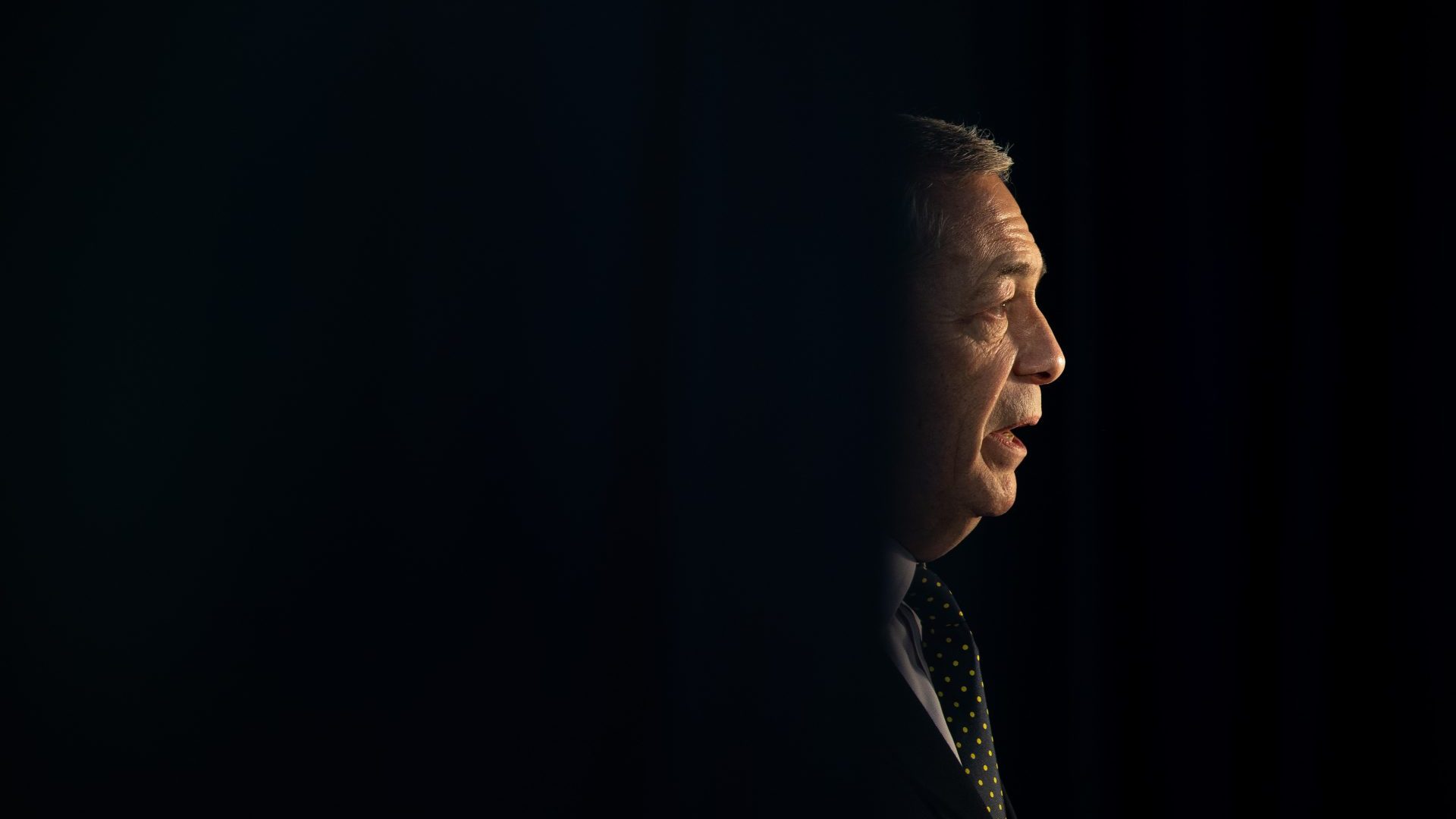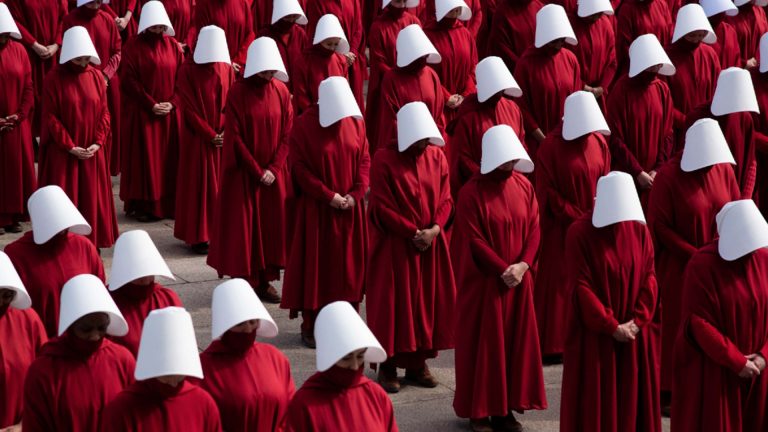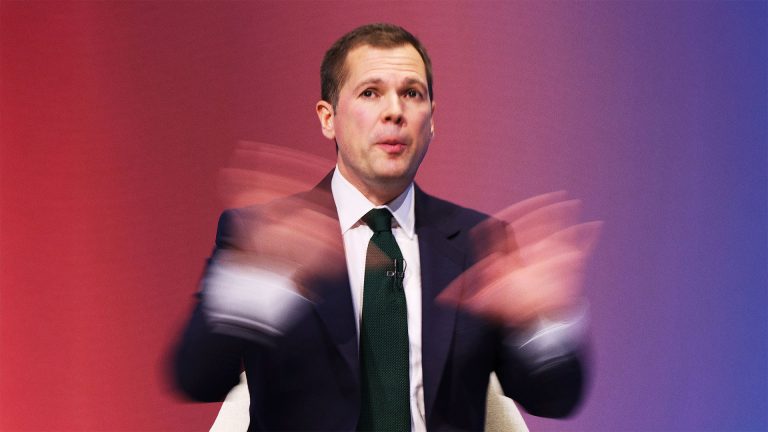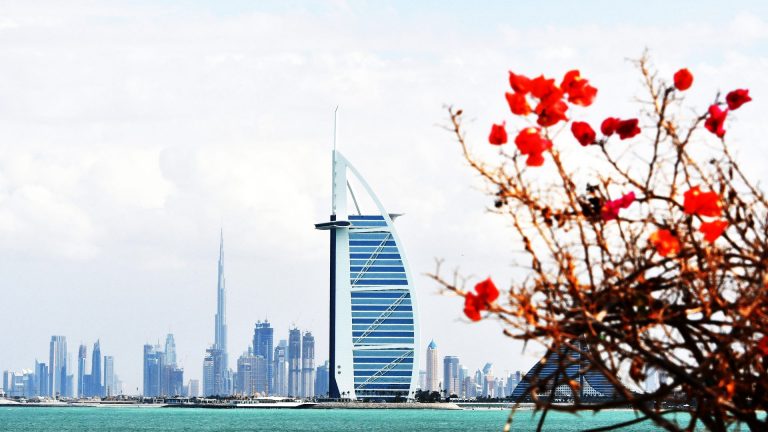What is the role of a member of Parliament? This isn’t a rhetorical question, but a very real one. An MP makes and amends laws, of course – they take part in debates in the House of Commons, and deal with their constituents’ problems. Some lucky ones may get to serve as ministers in government. Anything else?
That is the question currently hiding in plain sight, as the modernisation committee seeks to create new guidelines on MPs’ second jobs. Earlier this week, Commons leader Lucy Powell spoke on the topic as the group’s chair.
“I think the issue that is of potential reputational concern for the House as a whole is where there are paid ongoing employment contracts with media organisations and other organisations,” she said, “where they could give rise to a perceived conflict of interest, or […] to this perception that… someone is monetising their position as a Member of Parliament.”
Though she was speaking in general terms, it isn’t hard to guess who she had in mind. According to figures released recently, Reform leader Nigel Farage – or “Nine Jobs Nigel” – managed to earn £571,585 on top of his MP’s salary, in just under six months.
Though his most profitable gig was hawking gold bullion (nearly £8,000 an hour, if you were wondering), his work as a TV presenter on GB News is probably the most interesting one. It is also the one Powell probably had in mind. Since the election over the summer, Farage has earnt £219,506 as a television host, while only pocketing £91,000 a year to represent the people of Clacton.
His is an especially egregious example of greed and disrespect for both constituents and parliamentary institutions, but it seems worth asking broader questions about the roles of today’s politicians. Over the past decade or so, more and more MPs – most, though not all of them Conservative – have taken up very public positions as second jobs.
They have been writing weekly columns, hosting radio shows and television programmes. In a few cases, some even moonlighted as news anchors, as Jacob Rees-Mogg did on GB News. Because the change happened bit by bit, no-one ever really stopped to wonder what it meant.
Of course, MPs pursuing extracurricular activities is nothing new, but there is something especially galling about politicians acting as both policymakers and commentators on said policy making. You cannot be on stage yet throw peanuts from the gallery at the same time.
Though Powell was right to argue that MPs’ second jobs may bring the House into disrepute, the minister ought to also focus on what these jobs do to the psyche of politicians. It shouldn’t be up to them to frame debates, or perorate on what their colleagues and foes are doing in the Commons.
In fact, now feels like a good time to reflect on these issues, as Twitter continues its slow death and Bluesky remains fresh and easy to mold. Since the 2010s, MPs have spent hours and hours arguing with anyone and everyone on social media, and posting about whatever they happened to care about that day. It isn’t clear that it has made our politics better.
We are now faced with an interregnum, and should be encouraging them to step away, both from the internet and jobs which may encourage them to act as judge, jury and executioner. Arguing that Parliament should be more separate from the rest of the world may not be especially popular, but it is worth doing.
As we have seen in the US and elsewhere, nothing good happens when lawmakers spend too much time seeking attention, and receiving it for all the wrong reasons. No-one wants them to live in a hermetic bubble, cut off from the people they’re meant to be representing, but some middle ground can and must be found. Otherwise, shock jocks and populists will keep winning, and the discourse will keep getting coarser and coarser.
Oh, and it would really annoy Farage, and probably make him regret ever standing for Parliament. Who doesn’t love a win-win?











